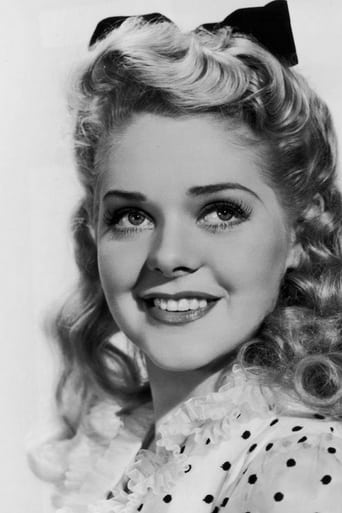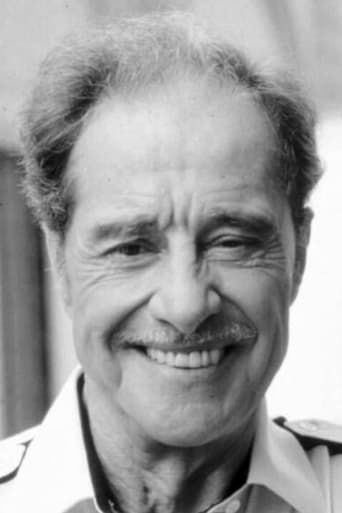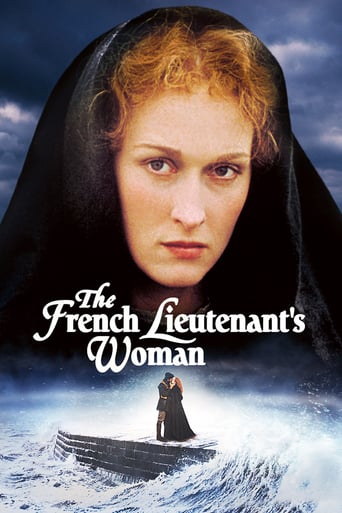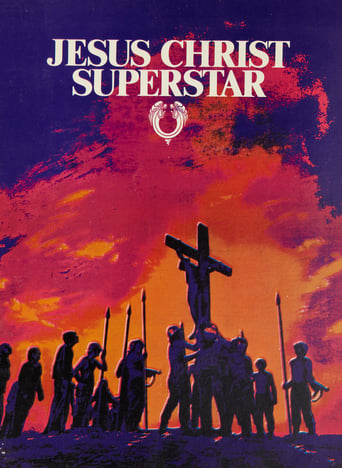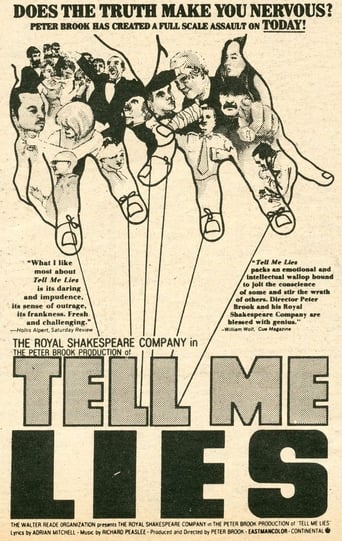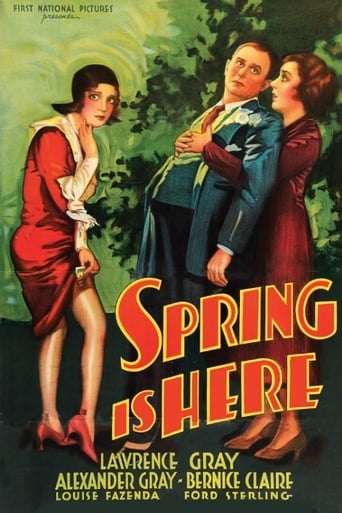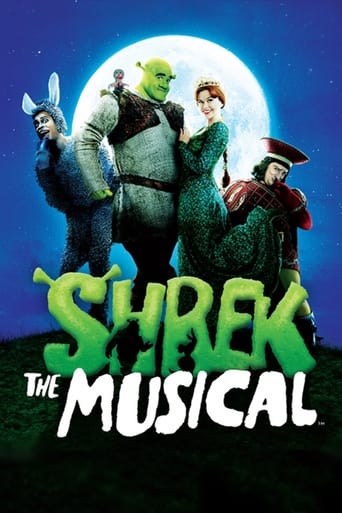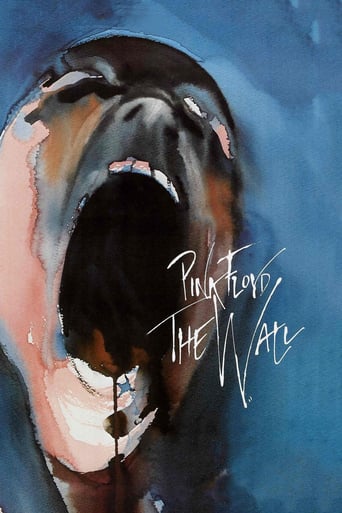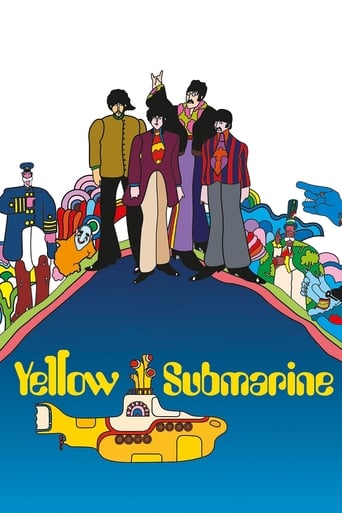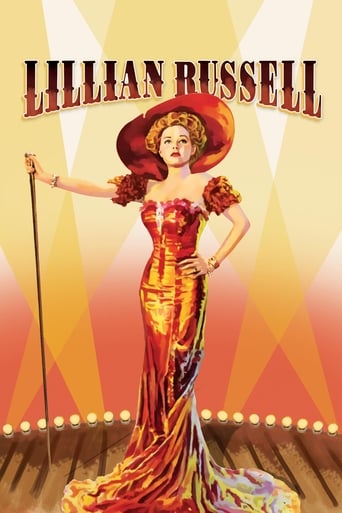
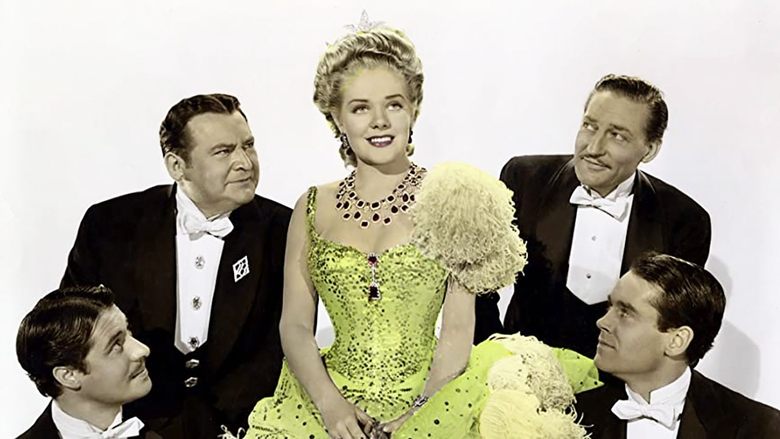
Lillian Russell (1940)
Alice Faye plays the title role in this 1940 film biography of the early-20th-century stage star.
Watch Trailer
Cast
Similar titles
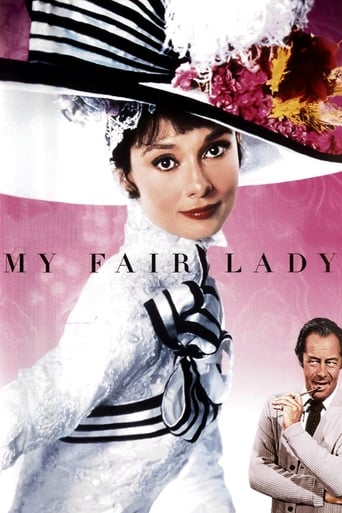
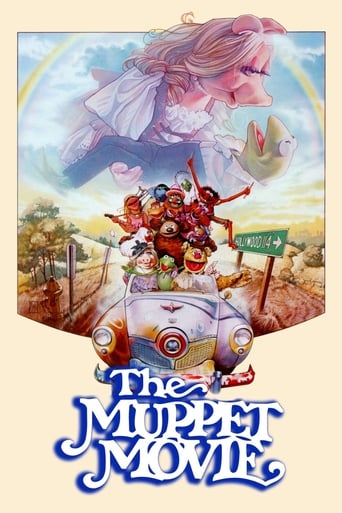
Reviews
Yo, there's no way for me to review this film without saying, take your *insert ethnicity + "ass" here* to see this film,like now. You have to see it in order to know what you're really messing with.
The storyline feels a little thin and moth-eaten in parts but this sequel is plenty of fun.
Easily the biggest piece of Right wing non sense propaganda I ever saw.
Actress is magnificent and exudes a hypnotic screen presence in this affecting drama.
Outstanding musical biography, with absolutely stunning costumes (Travis Banton), fabulous music and all the joy of old vaudeville. The cast is great. Alice Faye is terrific and she gets solid support.The screenplay by William Anthony McGuire — he of The Kid from Spain, The Great Ziegfeld, Rosalie, etc — has been unjustly criticized in many quarters as being too long and not fulfilling its initial promise. I reject these accusations. I thought McGuire's script not only recreated some of the great personalities of the Russell era, but gave all the star and featured players excellent opportunities to shine. Another of the film's great assets is Leon Shamroy's lustrous black-and-white photography. The fabulous art direction must also be wholeheartedly commended.Irving Cummings (formerly an actor in Lillian Russell's company) has directed with grace, style and affection, ably assisted by the marvelously vigorous dance direction of Seymour Felix. The outstanding music score was directed by Emil Newman. One of the most effective numbers is a song, "Blue Lovebird", especially composed for the film by Gus Kahn (lyrics) and Bronislau Kaper (music). Notice the splendid use Newman makes of this by underscoring the scene prior to Solomon's death with it and hitting the actual death- scene with a discord, which is repeated in a reprise skilfully arranged by director Cummings and film editor Todd. And a following scene, breathtakingly photographed by Leon Shamroy, also represents yet another outstanding example of creative and masterly film editing. Here, Alice Faye, dressed in a fabulous black gown, appears against a solid black backdrop, first in long shot, then medium, then in close-up, and finally back to long shot for a glorious finale.
Henry Fonda is thrown into action by trying to halt two spirited horses charging down the street with an open carriage. This is the kind of incident that propels a story forward. Without it, there's no need for Fonda to be in the film.You get a clear sense of who Lillian Russell is. She wants to sing on stage just like an actor wants to act in the theatre. She is consumed by her ambition and cannot see herself doing anything else.I'm not particularly a fan of Don Ameche and I'm not sure if he contributes anything to this film.It touches on the Suffragette Movement, but that's just a backdrop. It's not the story.Overall, it plods along without any engagement in terms of story or character. Fonda fans would do well to stay away from this film.
LILLIAN RUSSELL (20th Century-Fox, 1940), directed by Irving Cummings, is a nostalgic film tribute to Helen Louise Leonard, better known as Broadway legend Lillian Russell (1861-1922), as portrayed by Hollywood legend Alice Faye in one of her more challenging roles of her career. Faye doesn't attempt to act nor sing like Lillian Russell, although it's hard to determine the actual personality of this legend, yet makes her characterization simple, sweet and sentimental in the usual Faye manner without making it look too much like a typical Alice Faye musical.The story opens in Clinton, Iowa, shortly before the outbreak of the Civil War, with the birth of the fifth daughter of Charlie Leonard (Ernest Truex), owner of a newspaper business, and Cynthia Leonard (Dorothy Peterson), pioneer for women's suffrage whom, after moving the family to New York City, runs and loses her bid as mayor. As for Helen, she grows up into an attractive young lady with a remarkable singing voice. Her grandmother (Helen Westley) wants her to be trained for grand opera by Leopold Damrosch (Joseph Cawthorn), who feels she'd be far more suited for something else. While "playing theater" in her backyard for her father, Helen is overheard by producer Tony Pastor (Leo Carrillo) who immediately hires her for his theater under the new name of Lillian Russell. Over the years she becomes a famous star, against her mother's objections, loved by wealthy suitors Jesse Lewisohn (Warren William) and the legendary Diamond Jim Brady (Edward Arnold). She eventually marries composer Edward Solomon (Don Ameche), settles in England for a time where she gives birth to their daughter, Dorothy. Before dying, Solomon completes a haunting ballad "Blue Lovebird" dedicated entirely to her. While going through fame and despair, Alexander Moore (Henry Fonda), a newspaper man, who has been coming in and out of her life for some time now, and assigned by his editor for her biographical interview, keeps to himself his everlasting love for the girl he known back home as Helen.The motion picture soundtrack mixing old and new song standards include: "Back in the Days of Old Broadway" by Charles Henderson and Alfred Newman; "Under the Bamboo Tree," "Comin' Thru the Rye" (Scotch tradition melody by Robert Burns); "The Strawberry Blonde," "My Evening Star" by John Stromberg and Robert B. Smith; "My Blushin' Rosie," "Adored One" by Mack Gordon and Alfred Newman; "Blue Lovebird" by Gus Kahn and Bronislau Kaper; "Blue Lovebird," "Blue Lovebird" (reprises); "He Goes to the Church on Sunday" by E. Ray Goetz and Vincent Bryan; "Waltz is King" by Mack Gordon and Charles Henderson; "The Tales of the Vienna Woods" by Johann Strauss Jr.; "After the Ball" and "Back in the Days of Old Broadway." A companion piece to ROSE OF WASHINGTON SQUARE (1939), with Faye in an unauthorized biography of Fanny Brice, along with supporting players assuming fictional names, ROSE and LILLIAN are met with production similarities. Originally a two hour piece, ROSE went through the editing process of 35 minutes, eliminating some great songs as well as comedy acts by the vaudeville comedy team of Joe Weber and Lew Fields. LILLIAN displays what ROSE might have been during its 127 minutes, indicating that maybe the wrong movie was dramatically downsized. A lavish scale musical-biography, LILLIAN succeeds most with its all-star cast, fine songs, plus added bonuses of Weber and Fields recorded on film, Eddie Foy Jr. playing his father, and for the second time on screen, Edward Arnold as Diamond Jim Brady, the role he originated in DIAMOND JIM (Universal, 1935). In spite of its pure accuracy in costume design and hair styles, recapturing the bygone era which ROSE didn't with its 1939 costumes in 1920s setting, the fault for LILLIAN lies on its weak script that might have be salvaged with Technicolor gloss instead of its standard black and white photography. Reviews then must have been mixed, but with fine support of big name and familiar actors, including Nigel Bruce and Claude Allister as Gilbert and Sullivan; and Una O'Connor as Marie, the maid, how could it fail? Yet, the big surprise is the third-billed Henry Fonda, straight from his triumph in THE GRAPES OF WRATH (1940). Not necessarily associated with musicals, it's been mentioned by various sources, including Bob Dorian, former host of American Movie Classics, where LILLIAN RUSSELL aired regularly prior to 1989, that Fonda was unhappy with this assignment, feeling that after several important projects under the direction of John Ford that he would be offered the chance to star mostly in prestigious assignments. As it stands, this project should have been an honor for him for that Fonda's name at this point, supported by a strong cast, to be beneficial to LILLIAN RUSSELL, but of course he didn't or couldn't see it that way. While the real Lillian Russell married four times, the movie only depicts one briefly and the fourth possible prospect, eliminating husbands two and three. Maybe adding a roaster of other popular 20th-Fox actors as substitute to the film's weak points might have helped some with the continuity.How much can be said about Lillian Russell that could stir up interest to a new generation today? Hard to say. At least with this depiction on her life, whether it be fact or fiction, Lillian Russell's name continues to live on, especially now whenever this screen treatment plays on the Fox Movie Channel. Thank goodness for film and what it represents. (***)
--sings some of the old songs, has beautiful costumes and hair styles(wigs?), and Don Ameche, Henry Fonda, Edward Arnold and Lynn Bari as co-stars. The facts of the story may be wrong, but who cares? What biographical movie is about facts? On a cold day in a warm house(or vice versa), just sit down and listen to Alice sing and enjoy an old-fashioned film. 7/10
